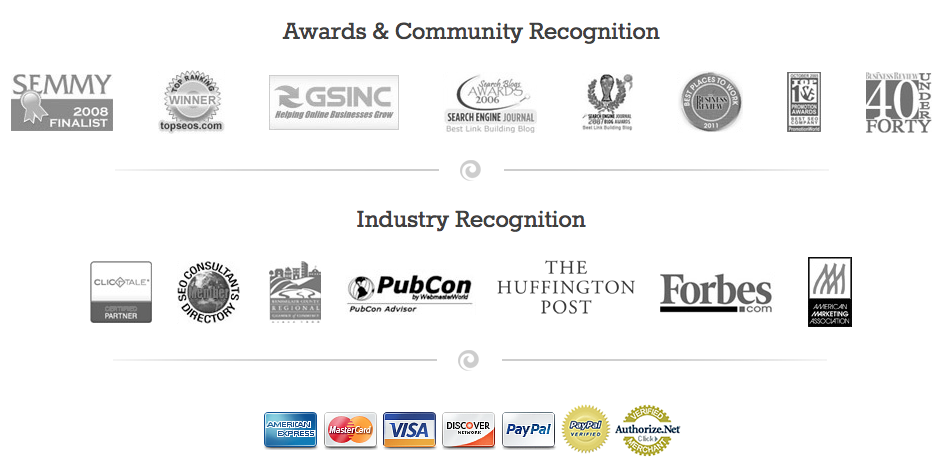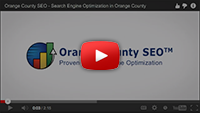Orange County SEO™ Blog
Bending to the Winds of Google Change
According to Matt Cutts, we will all be “jarring and julting for a while” as Google continues to update its SEO standards. Rank may be the holy grail of SEO development, but it continues to be just as elusive as Arthur’s golden cup for many. Even if we do find it, there is no guarantee we can keep it.
In this arena, it pays to extract value from every single click. Clicks become visitors, visitors become customers, and customers become loyal patrons. By optimizing our online advertising strategy, we put work in on the front end to achieve the eventual rewards. Read More »
Google Improves Canonical Tags
In 2009, Google released support for a rel=“canonical” tag, later adopted by Yahoo and Bing, so that webmasters could specify a preferred URL. In 2011, Google also released an HTTP Header that webmasters could use to direct users to non-text/non-HTML files such as PDF files. An Orange County SEO expert who wants an easy way to link to these files without risking duplication issues should utilize this fix.
However, this method has been slow to catch on in the SEO industry for several reasons:
- SEOs tend to focus on traditional URL consolidation.
- Canonical headers may be more difficult to implement dynamically than an HTML tag.
- Access privileges may create issues.
- Additional server modules may be required.
- Server errors are a possibility if the implementation is not done correctly.
However, there are many advantages to using canonical tags, especially for PDF files. These tags can raise a site’s value, allowing spiders to crawl and index these “pages” easily and form a natural part of link building. They also do well in PageRank. However, unless webmasters know the techniques to making this implementation easy and accurate, the number of users will remain small. Here are some tips for canonical tag implementation that will help you use these tags easily in your projects. If you need assistance implementing these tags please contact our SEO friendly web design team for help. Read More »
Google Changes Algorithm to Include More Domains
The chatter about Google’s recent algorithm update might have been apocryphal, but the company finally confirmed that it has indeed made changes meant to allow for more domain results in its SERPs. The changes were initially confirmed when spam fighter Matt Cutts tweeted:
“Just fyi, we rolled out a small algo change this week that improves the diversity of search results in terms of different domains returned.”
From this seemingly simple explanation, a host of question have arisen as to exactly what the algorithm change means for Google users and SEO managers in particular. Read More »
















